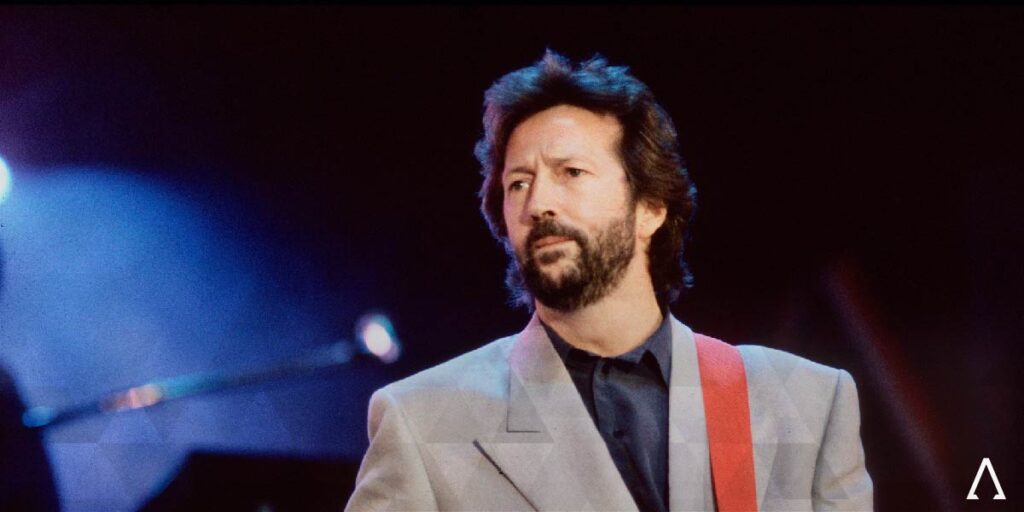Musician Eric Clapton has been sober for over three decades. He went into addiction treatment for the second time in 1987, ten years after releasing a cover of the song “Cocaine” and a year after his son Conor was born. He’s been sober ever since.
Clapton’s addiction was to cocaine, heroin, and alcohol. At one point, he was spending $16,000 a week on heroin.[1] When he went to treatment the second time, he was much more sure that it was the right decision. “This time I had no reservations about why I was there—I had tried to control my drinking and failed—so there was no more debate, no more gray area for me,” he said.[2]
He also wanted to be present and sober for his son. “I really did it for Conor, because I thought, no matter what kind of human being I was, I couldn’t stand being around him like that,” he said. “I couldn’t bear the idea that, as he experienced enough of life to form a picture of me, it would be a picture of the man I was then.”[3]
In his autobiography, he wrote of not drinking in front of his infant son, but desperately waiting for him to go to sleep so he could drink. “I really loved this little boy,” he said, “and yet, when I went to visit him in Milan, I would sit and play with him in the daytime, and every second of that time, all I could think about was how much longer it would be before Lori would arrive to feed him and take him away to bed so that I could have another drink.”[4]
When Conor was four years old, he fell out a window and died. Clapton was just three years sober at this point and coping with unimaginable grief, but this loss made him even more resolved to stay sober. He used music, instead of alcohol and drugs, to deal with his pain. That year, he wrote and recorded the song “Tears in Heaven” about his grief. Several years later, he released the song “My Father’s Eyes” about both his father and son.
When Clapton was using heroin, he stayed home a lot and didn’t perform live much.[5] Then, when he had quit heroin but was still drinking, he once played an entire set lying down on the stage. Now at 76, Clapton still tours, and is present for his shows.
Still, he doesn’t spend much time wishing away his active addiction days. “I don’t know that I can honestly regret any of it safely,” he said, “because it’s brought me to where I am. My life would not be the same, and I would not have what I have today, were [it not] for the fact that I went through all this stuff.”[6]
If you are struggling with a substance use or mental health disorder, there is hope. TruHealing Centers offers high-quality treatment for addiction and mental health disorders in facilities across the country. Our staff—many of whom are in recovery themselves—will help you build a great life in recovery. To learn more, call an admissions specialist at 410-593-0005.
[1] https://www.npr.org/templates/story/story.php?storyId=15412830
[2] https://www.vanityfair.com/style/2007/11/clapton200711
[3] https://www.vanityfair.com/style/2007/11/clapton200711
[4] https://www.vanityfair.com/style/2007/11/clapton200711
[5] https://www.npr.org/templates/story/story.php?storyId=15412830
[6] https://www.npr.org/templates/story/story.php?storyId=15412830








